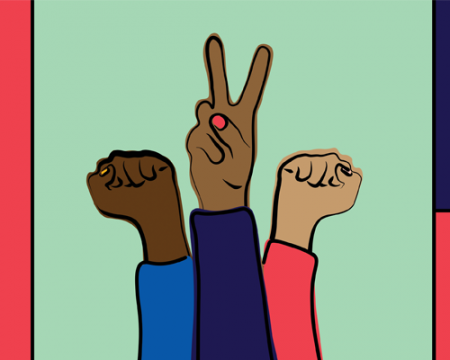Published:
Thursday, May 13, 2010While everyone seems to agree that parental involvement in schools is critical, the ACLU just filed an amicus brief in a case illustrating some of the obstacles that can arise when parents try to get involved. Yesterday, Division One of the Washington state Court of Appeals accepted the ACLU of Washington’s amicus brief in the case of State v. Green. This was a case where the mother of an elementary school student was indefinitely banned from school grounds, or “trespassed,” from her son’s elementary school in the Kent School District after she repeatedly asked pointed questions about curriculum, district policies, textbooks, and lesson plans at a “Curriculum Night” event held for parents. The District denied her request for a hearing to challenge the trespass order, and she ended up being cited and criminally prosecuted for going back to the school twice – once to try to attend a parent-teacher conference and a book fair, and once to pick up her son from a Science Fair. No one questions schools’ authority to regulate access to school grounds in order to ensure a safe and productive educational environment. The ACLU’s brief in this case explains why a school cannot simply banish a parent from her child’s school indefinitely without any opportunity for a hearing to challenge the allegation that was causing a disruption. For good reason, our state legislature passed a law this year directing that the Center for Improvement of Student Learning identify and highlight successful models and practices of parent involvement so that successful schools can be recognized. The Washington State Office of the Education Ombudsman also provides resources for families and school districts who want to work on developing successful partnerships and resolving conflicts. And students and families that want to advocate for improvements in their own District’s policies and practices regarding family involvement can find helpful tips in the ACLU of Washington’s Parents’ Guide to School Board Advocacy, also available in Spanish. The brief was written by ACLU of Washington’s cooperating attorney, Jamal Whitehead, formerly at Garvey, Schubert & Barer with ACLU Staff Attorneys Nancy Talner and Rose Spidell.










